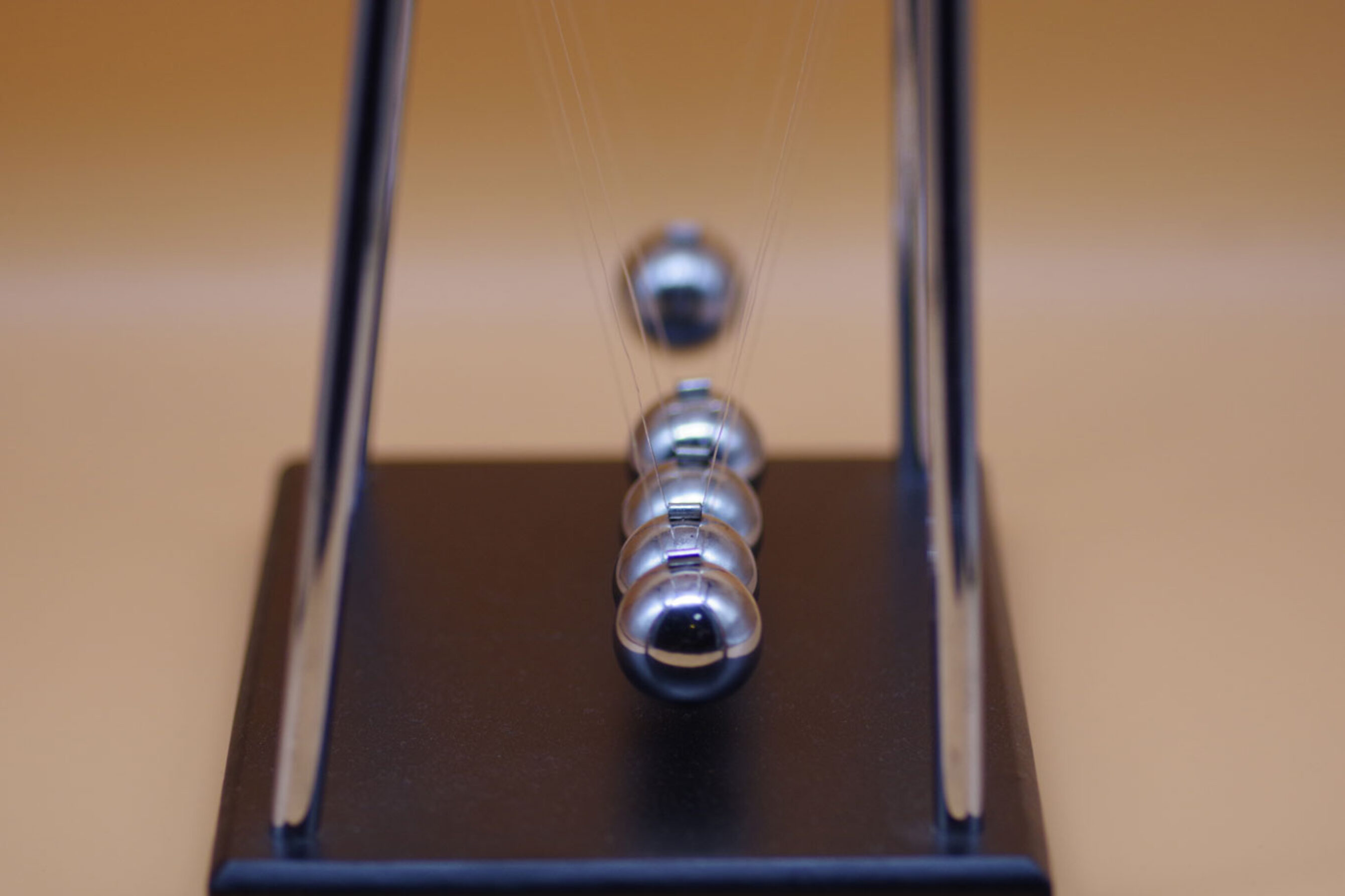I invite you to think about a recent interaction when you felt inspired by an individual or group. What resonated with or shifted inside of you? What emerged, as a result?
That experience is the influence—the gift—of leadership. Maybe you observed a leader’s capacity to cut through complexity and provide clarity and direction or some form of skillful leadership beneath our conscious awareness. David Lapin defines leadership as “the capacity to influence others to change their attitudes, opinions, or actions, without the use of power.” We are all capable of it. Yet, we do not always lead in the moment.
What gets in the way? What is it, for you? It could be…
- Thinking, “I don’t matter” or “It won’t make a difference.”
- Assuming, “I won’t get it right or execute perfectly.”
- Judging, “I don’t really know…” or “I am not…”
- Fearing (protecting), “If I…then…might happen.”
At times, I’ve self-edited for all these reasons. In my experience, there is usually not an immediately identifiable consequence. And yet when there’s hesitation, what we can uniquely offer is restrained, instead of shared. During the past decade, as a former management consultant and after training to become a Certified Coach, I have since learned to give of myself more generously. And it is indeed a generous act, as it takes vulnerability, courage, and clarity of commitment. The gift of leadership comes from the heart.
I recently attended a virtual retreat with other thought leaders from a 10-month leadership development program we completed a few years ago. We each agreed to lead a segment of the retreat. On the first day, the morning ritual team guided everyone through some fun, practical stretches, intention setting for the day, and time in nature, followed by morning pages. In these moments I was reminded of the gift of leadership.
Given the COVID-19 pandemic, physically distancing from those we love and care about, I felt tremendous relief and comfort in allowing myself to be guided by trusted company. It was just a moment of leadership, but it moved me deeply, and it was a reminder that we need leaders to lead. And when they do, it is a gift.
As leaders, we do not need to have it all figured out or get it all right. What if we all started to take ownership of our words, our behavior, and our impact? As adrienne maree brown says in her book, Emergent Strategy, “Actions and inactions affect everyone and everything around us.” What if we took responsibility for our action and our inaction? What could be “the next most elegant step,” acknowledging what is known and unknown? People tend to be more gracious and generous in their interpretation of our behaviors than we are inclined to recognize.
But how? How do we go before we know? The answer resides inside of you. It can be found in the quiet moments of stillness, when you look inward, at your truth. To access this, leaders have ritual.
One of my personal daily practices is to meditate for 40 minutes in the morning, before anything else, and then set intentions for my day. What do I need today? What is important? How can I give generously of myself? How can I share my unique capabilities to live my purpose? Taking a moment to get clear provides discernment and direction for how I will show up the rest of the day.
The magic is in purposeful, albeit imperfect, execution. Being clear on my intention means I am de-centered less often. And when I do veer off course, I can find my way back to myself more quickly. It results in having more of the impact I intended, rather than the habitual patterns of unintended and even regretful behavior.
Establishing centering practices impacts not only ourselves, but also everyone in our sphere of influence. As Octavia Butler says, “All that you touch you change / all that you change, changes you.” These rituals give us an opportunity to reflect more skillfully on what we want—for ourselves and for others—and what is needed. This discernment is wisdom.
For us at Lapin International, wisdom means cultivating the capacity to remain open to learning. We maintain an open and curious mindset to see reality from multiple lenses, to self-regulate, and to be present. In that space, there emerges an opportunity to give of oneself, to lead in a way that only you could. David reminds us, “No one else can make the difference we were created to make.” And this takes practice. It is the practice of knowing and deliberately owning your impact.
Through ritual, presence, and wisdom, we begin to recognize that we are always practicing something. What are you practicing? And what is the legacy of your practice? What is the gift of your leadership?



